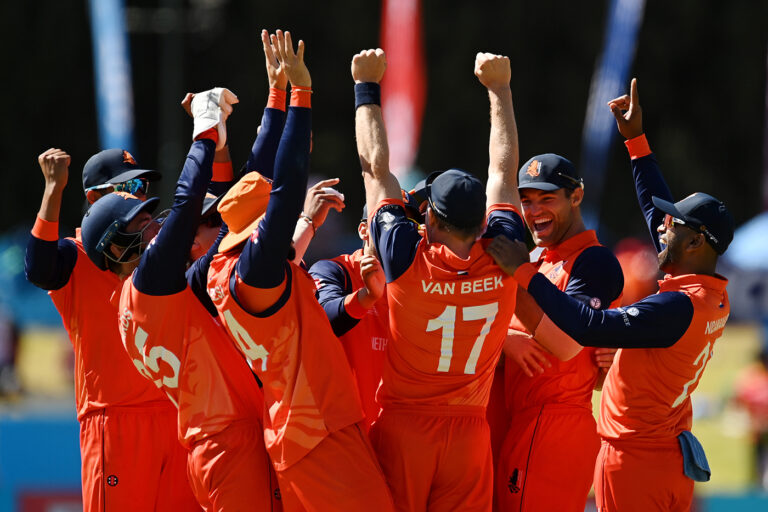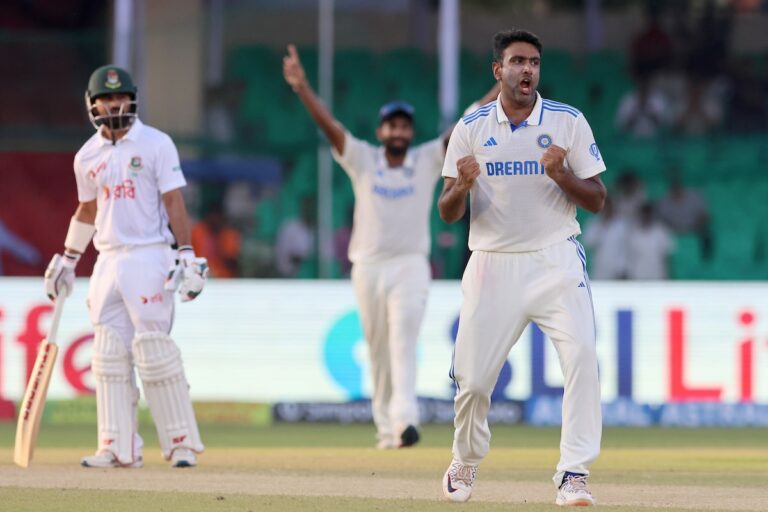Cricket’s Role in Addressing Racial Inequality
Laserbook, Betbook247: Racial inequality remains a pervasive issue across various facets of society, including education, employment, and access to healthcare. People of color often face systemic barriers that hinder their opportunities for advancement and success, resulting in disparities in wealth and social mobility. Discriminatory practices and biases continue to perpetuate these inequities, reinforcing power dynamics that favor dominant racial groups.
In addition, the criminal justice system disproportionately affects communities of color, with higher incarceration rates and harsher sentencing for minorities. Racial profiling and police brutality further exacerbate tensions and perpetuate a cycle of distrust between law enforcement and marginalized groups. Addressing these key issues in racial inequality requires a multifaceted approach that challenges existing structures of oppression and promotes equity and inclusivity for all individuals, regardless of their racial background.
• Systemic barriers hinder opportunities for people of color
• Disparities in wealth and social mobility exist due to discriminatory practices
• Racial profiling and police brutality contribute to tensions between law enforcement and marginalized groups
• Multifaceted approach needed to challenge existing structures of oppression
Cricket as a Platform for Social Change
Cricket has long been regarded as more than just a sport; it serves as a powerful platform for promoting social change and raising awareness about important issues. Through the visibility and influence of cricket matches, players, and events, the sport has the potential to reach a wide audience and highlight pressing social injustices that require attention and action.
Players and teams have shown their commitment to driving change by taking a stand against racism, discrimination, and other societal issues. By using their platform to speak out and advocate for equality and justice, cricketers have the ability to inspire fans, create dialogue, and push for meaningful reforms both within the sport and in larger society.
Historical Context of Racism in Cricket
Racism has been a longstanding issue in the sport of cricket, with a history that stretches back to the early days of the game. From the colonial era when cricket was used as a tool of cultural imperialism, to the present day where players of color still face discrimination, the sport has been rife with racial tensions. Many cricketing nations have grappled with issues of racism within their teams and spectator communities, leading to numerous controversies over the years.
In countries like South Africa and the West Indies, the legacy of apartheid and colonialism has left a lasting impact on how race is perceived within the cricketing world. Players of color have often had to overcome significant barriers and prejudices to establish themselves in the sport, facing discrimination both on and off the field. Despite efforts to address these issues through initiatives like diversity quotas and anti-racism campaigns, racism continues to be a deeply ingrained problem in cricket that requires ongoing attention and action.
What are some key issues in racial inequality in cricket?
Some key issues in racial inequality in cricket include discrimination in team selection, lack of representation in leadership roles, and racist incidents on and off the field.
How has cricket been used as a platform for social change?
Cricket has been used as a platform for social change through initiatives such as anti-racism campaigns, diversity and inclusion programs, and promoting equality in the sport.
What is the historical context of racism in cricket?
The historical context of racism in cricket dates back to colonial times when racial segregation was prevalent in the sport, leading to unequal opportunities for players of different races. This legacy of racism continues to impact the sport today.







